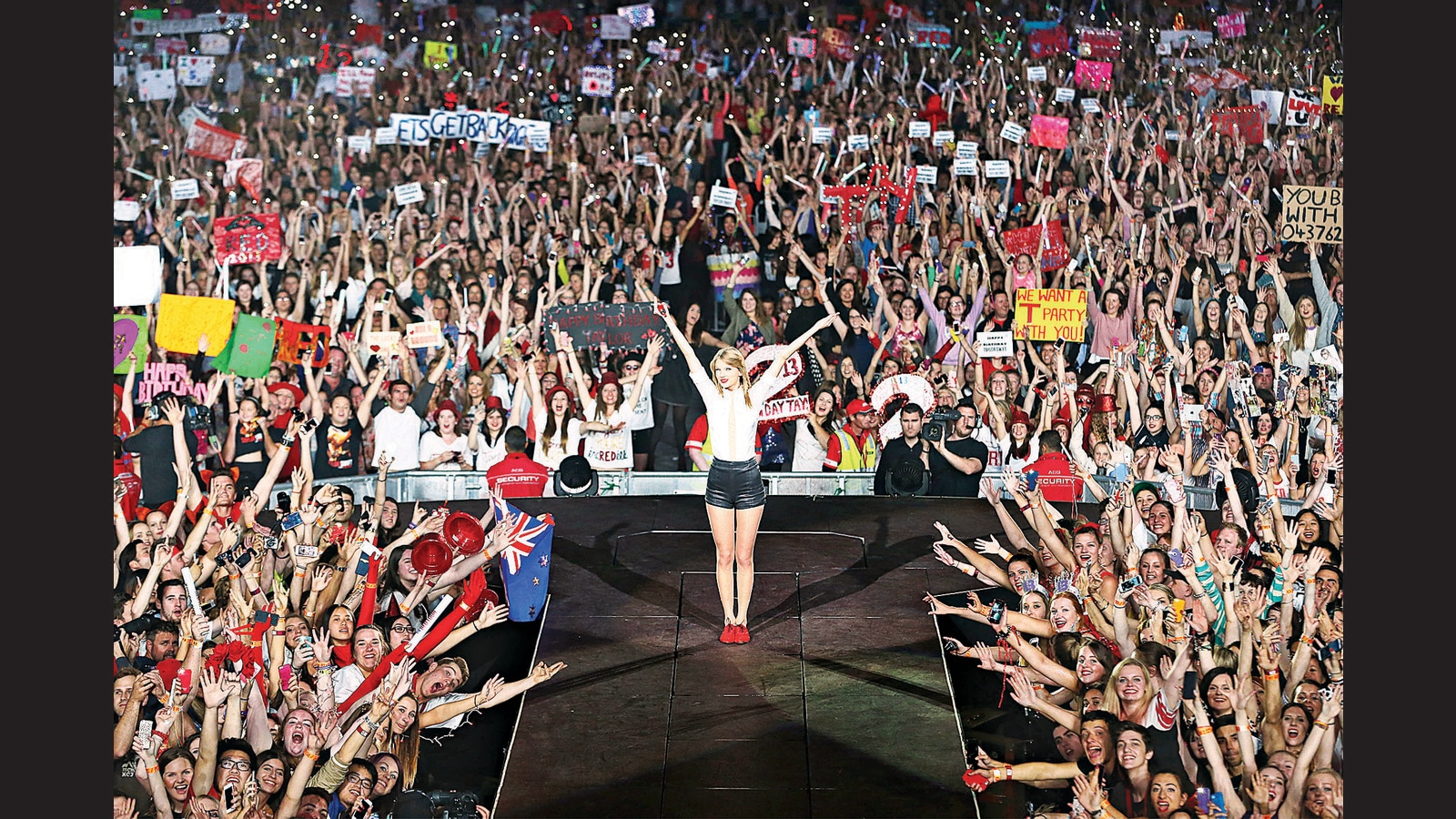
[ad_1]
Not long after I began teaching at my alma mater last year, it occurred to me how much being young has changed since I studied at St Xavier’s College, Mumbai.

I remember heated debates in our classroom, as we argued over ideas of right and wrong. Today, teenagers respond to probing questions with puzzlement and blank stares.
“Move on,” was the advice my mother, now in her mid-70s, offered. Then I met consulting psychologist Kuldeep Datay, whom I often turn to when exasperated. After hearing me out, his advice was: “Move on”.
On why, he offered interesting perspective. These young people have grown up in an India of unprecedented technological advancement and social change. This has inured Gen Z (those born between 1997 and 2012) to cultural and generational debates.
They are self-centred, Datay pointed out without judgement. That is what the world they live in seems to require them to be.
“Unlike the generation you and I grew up in, where being a rebel was seen of as a badge of honour, for Gen Z, the need to fit in is very palpable,” he added. “This is why they are more easily swayed by influencers on social media.”
Datay has engaged directly with Gen Z for years. So has my teacher from 25 years ago, Smita Krishnan, who recently retired as head of the department of zoology at St Xavier’s. She agreed with his assessment. “It has often struck me how detached most of this generation is,” she said. The younger Gen-Z are more detached even than the older members of this generation.
“Children from a few years ago were more engaged. I am worried as well about the neutral positions the younger ones take out of fear of offending anyone,” she added.
But, Krishnan added a caveat. Yes, there are fewer “rebels”, she said. But maybe that comes partly from observing how their elders disengaged. “Most of these elders are apathetic to what is going on around them. How these teens engage reflect on us as a society.”
A key shift, Datay pointed out, is that their identity as consumers appears to drive them to a far greater degree than it did previous generations. They prefer even their food to be branded, never mind that these branded happy meals and ultra-processed snacks are technically junk food (high in salt and sugar and severely low on nutritive value).
Krishnan added that, in her experience, a branded fast-food outlet at a food plaza will draw the entire class in, regardless of the alternatives available. What about those who cannot afford the brands? Students take up part-time jobs so that they can keep up with their peers on consumption, she said. “This takes us back to their need to fit in.”
So, should we be worried, I asked. Datay laughed and offered a reminder: “This is a hypothesis based on my observation. Our parents may have said the same about us.”
Krishnan admitted that she had fretted over my generation’s “lost years”, the aimlessness that seemed to take hold soon after or just before graduation. She would worry about how our future would unfold, she said.
When looked at from that perspective, there is another way to view these youngsters who will eventually take charge. Gen Z is a vibrant mix of digital natives who have the potential to shape the country’s cultural and economic landscape. To suggest that we don’t yet know the future they will shape is precisely why they might be best left to chart their own course.
This doesn’t imply an absence of guidance or mentorship but rather an acknowledgment that the future will be forged by their hands, and they must be prepared, not stifled.
It will be vital to afford them the autonomy to navigate this future in new ways.
The challenges they face are real and consequential, but they are not insurmountable. It will be up to us to support and equip them with the tools and wisdom they need to make the most of the world that they inherit.
Like every generation, this one has its flaws and strengths. Their story is still being written. We must ensure they have the agency to write it well. (I have to admit, though, that the impassive stares still rattle me.)
(Charles Assisi is co-founder of Founding Fuel. He can be reached on assisi@foundingfuel.com)
[ad_2]
Source link








